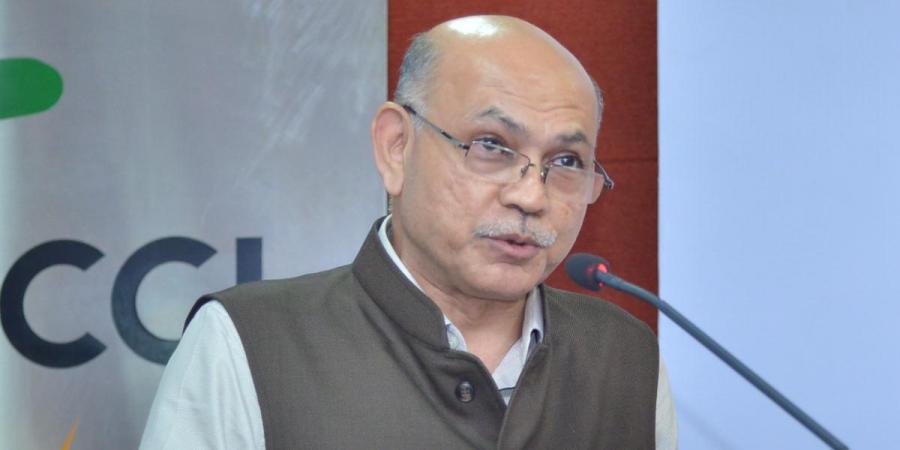NEW DELHI : The Dispute Resolution Committee proposed to be set up in the Budget will have multiple benches which will give opportunity to small taxpayers to settle tax matters without going through the appellate process, a top tax official said on Wednesday.
Central Board of Direct Taxes (CBDT) Chairman P C Mody said the I-T department would make available all the information it is receiving from various other agencies like Securities and Exchange Board of India (Sebi) or Ministry of Corporate Affairs (MCA) in form 26AS to facilitate taxpayers to file correct tax returns.
“Our constant endeavour is to ensure that a taxpayer feels motivated to voluntarily comply with tax laws and honest taxpayer gets all facility to which he is entitled to and at the same time the persons who are trying to game the system or trying to take advantage in unfair and undue manner they will also get taken care of,” Mody said at an Assocham post-budget event.
He added that “this would get strengthen by the constant exchange of information which we are having with CBIC, MCA or Sebi”.
Mody said a tax return is picked up for scrutiny only in case of mismatch and where multiple red-flags are being shown by the system.
Finance Minister Nirmala Sitharaman in her 2021-22 Budget speech said a Dispute Resolution Committee (DRC) would be set up to help reduce litigation for small taxpayers. Taxpayer with a taxable income up to Rs 50 lakh and disputed income up to Rs 10 lakh can approach the committee.
Mody said the thinking behind setting up of a DRC was that the settlement commission did not really cater to the lower end of the taxpayers.
“So we have tried to provide for some alternative dispute resolution mechanism and, since it would have multiple benches and it would cater to the lower end of the taxpayers, I think this would again give them an opportunity to come out and settle their tax matters without going through the rigorous appellate process,” he said.
With regard to the new provision of taxing interest on provident fund deposits exceeding Rs 2.5 lakh a year, Finance Ministry, Joint Secretary (Tax Policy and Legislation), Kamlesh Varshney assured that there would be no double taxation and it will work exactly in same manner as the way interest income on bank fixed deposits is taxed today.
Giving an example, he said banks deduct 10 per cent tax on the interest that is accrued on fixed deposit. If the tax payers tax slab is higher than 10 per cent then he/she has to pay advance tax, while tax payers gets a refund if tax liability is less than 10 per cent.
“This system would be completely same (in case of PF). Whatever contribution you are making to provident fund, whatever is in excess of Rs 2.5 lakh, that will be in a separate basket and interest on that particular corpus will be taxable. But it will work exactly in same manner as the way interest income on Fixed Deposit is taxed today,” Varshney added.
The Budget had said that interest on employee contributions to provident fund over Rs 2.5 lakh per annum would be taxed from April 1, 2021.
Less than 1 per cent of the total six crore EPFO subscribers actually contribute more than Rs 2.5 lakh in the fund. (agencies)
Trending Now
E-Paper


